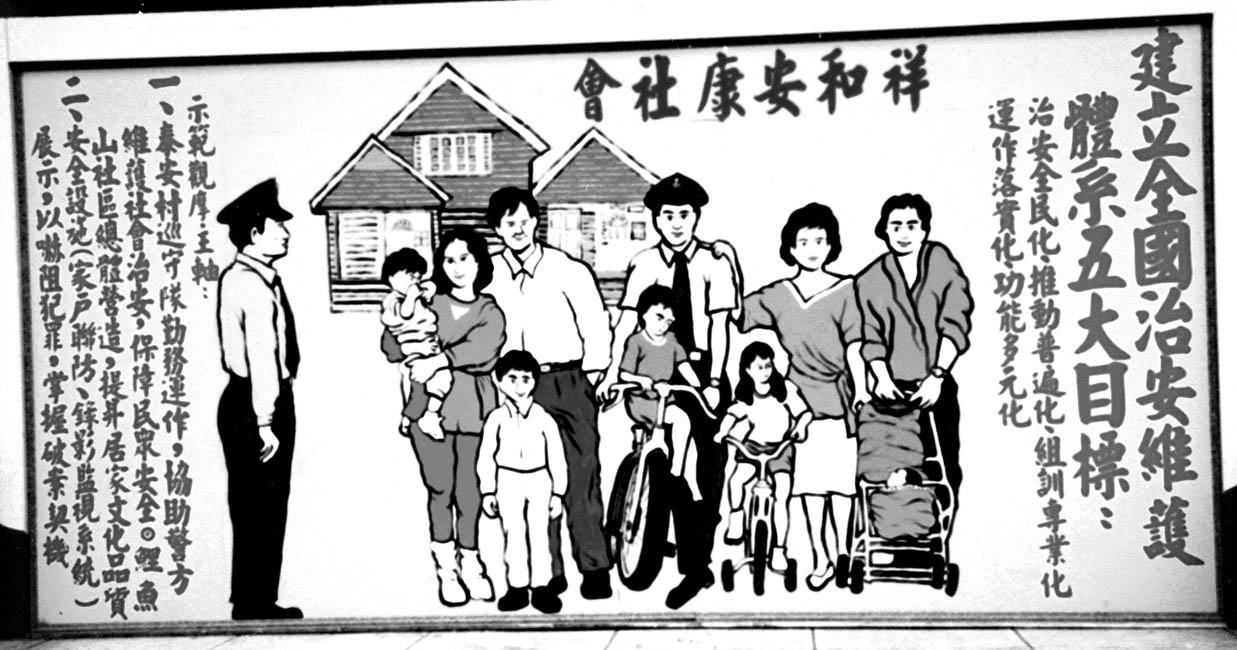Jeffrey Martin

Strong Democracy, Weak Police: How Culture Makes Peace in Taiwan
This is a project about the relationship between democratic sovereignty and police power. It examines how the dynamic and unsettled trajectory of sovereign power in Taiwan has shaped the ground-level practice of policing there. It uses ethnographic and historical methods to advance new insight into the nature of modern police, into the surprisingly loose and historically dynamic linkage between sovereignty and police power, and into the meanings that democracy imposes on the scope and potential of police action.
Taiwan’s modern police system was created by a sequence of colonial, imperial, and autocratic regimes. Its contemporary state, the Republic of China, underwent democratization in the 1990s, a shift that has been remarkably successful when measured by conventional indicators of good governance and the quality of life. Using ethnographic methods to drill down into the everyday practices of policing, however, reveals three remarkable attributes of this contemporary system: (1) State police are weak: they do not presume to control a monopoly of legitimate violence, nor do they dictate the outcome of the events they are called to manage. (2) The broader field of policing (integrating state and non-state actors) is not organized by law. (3) Nonetheless, the overall quality of life in contemporary Taiwan remains democratic, peaceful, and secure. In sum: Taiwan reveals that it is evidently possible to secure democracy on a basis other than violence or law.
Professor Martin’s contribution is to reveal this other basis: a historically specific cultural formation that generates social trust through an intimate idiom of particularistic relationships, rather than by reference to the abstract ideal of a general social contract. Beginning from the conundrum of a policing system that effectively secures a democracy without presuming a state monopoly on legitimate violence, Professor Martin will reveal how this achievement is enabled by a cultural tradition that imagines a peace founded in the quality of human subjects rather than on the coercive power of violence or the formal autonomy of law.
